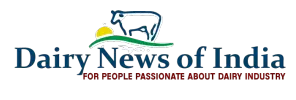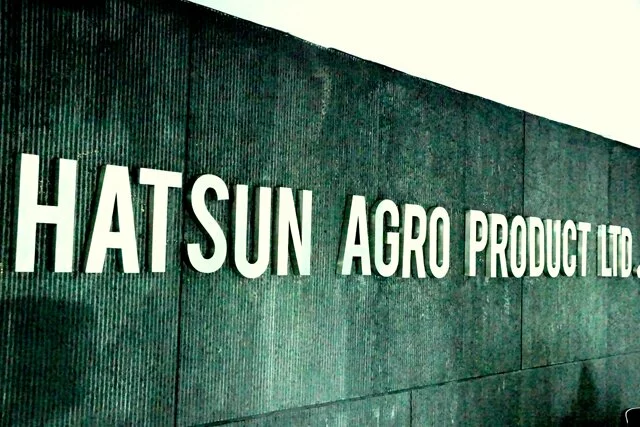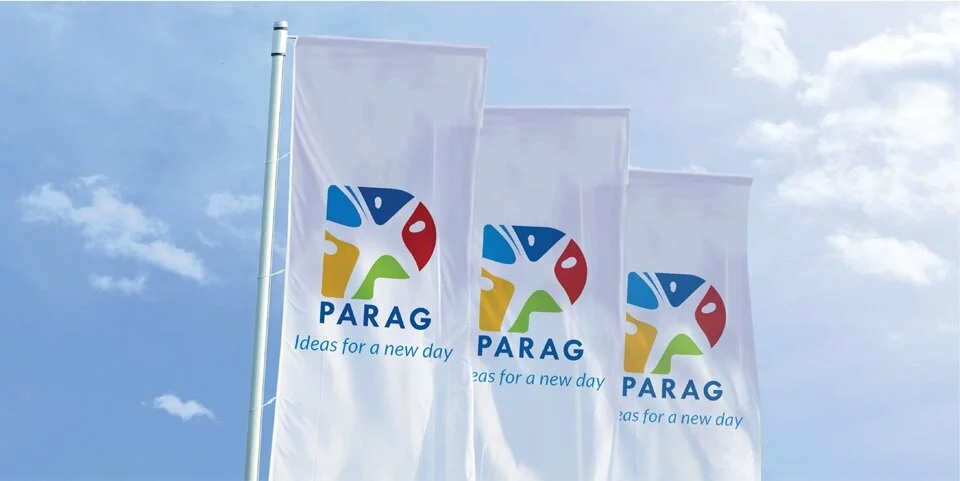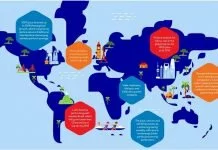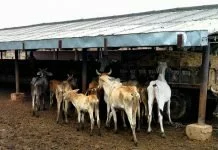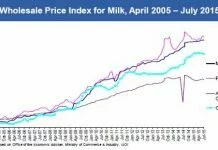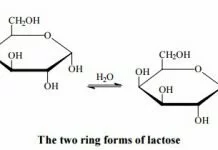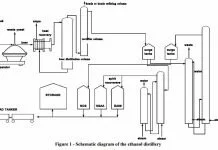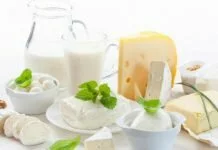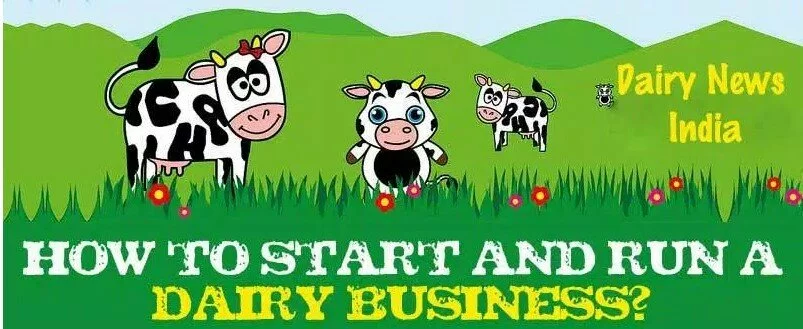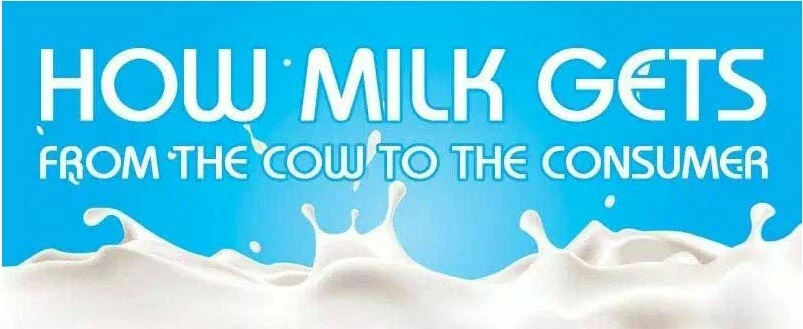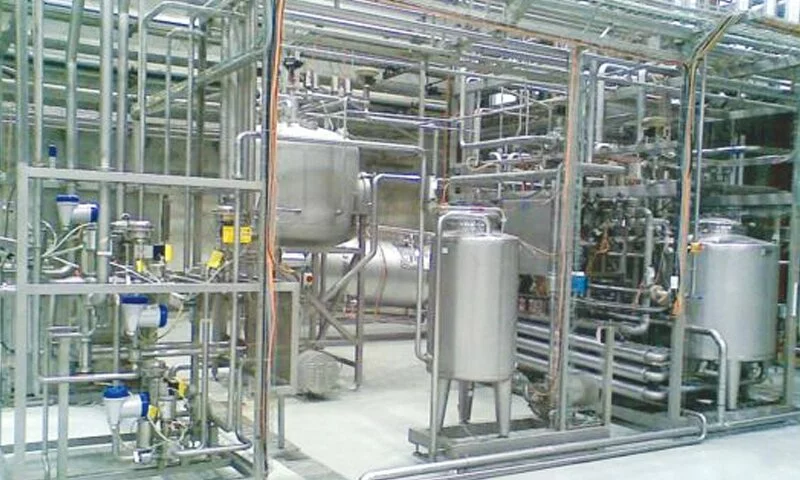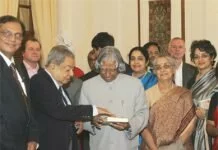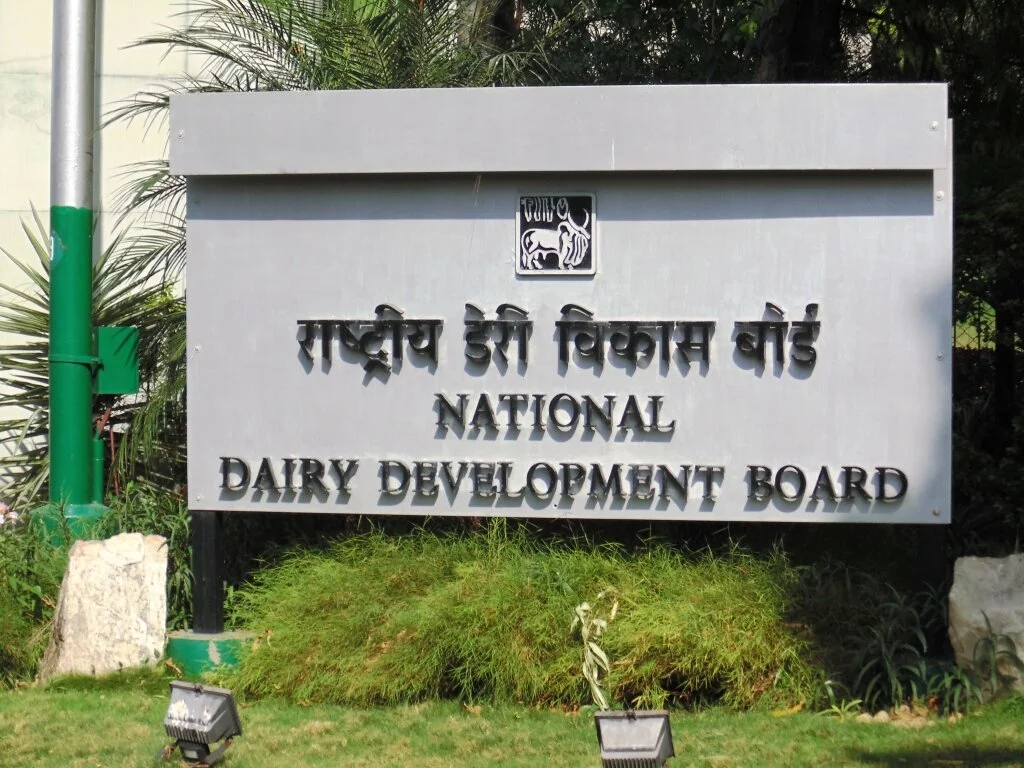Source: livemint.com
Nestlé India Ltd, the local arm of the Swiss packaged foods company Nestlé SA, has been pushing its chocolates and dairy products through TV advertisements, using the commercial airtime left vacant by Maggi noodles, which it is yet to relaunch after the Bombay high court (HC) in August set aside the food regulator’s nationwide ban on the snack.
In June, Nestlé withdrew all advertisements plugging Maggi immediately after the Food Safety and Standards Authority of India (FSSAI) asked it to pull nine variants of the 2-minute noodles, calling them “unsafe and hazardous” for human consumption.
On 13 August, the Bombay HC set aside the food regulator’s ban on Maggi and said it had not been able to “substantiate” its “tall claim” of the product being unsafe, but told Nestlé it will be allowed to resume production and sales once the snack is retested and cleared for consumption by government-approved laboratories.
Over the months since June, Nestlé has been plugging chocolates and dairy products.
“Airtime is allocated to brands based on their marketing tasks. Some businesses including dairy and chocolates have increased spends that are mainly on account of their individual brand requirements,” said a Nestlé India spokesperson, declining to offer details.
Nestlé typically spends about 4-5% of its annual revenue on advertising and sales promotions. In 2014, it spent an estimated Rs.445.47 crore on advertising.
In August, Nestlé India’s new managing director Suresh Narayanan, appointed after the Maggi controversy broke, said the company will spend “more on advertising, marketing and promotions across categories to counter impact on sales caused by the Maggi ban.” He did not quantify the amount earmarked for these categories.
Nestle’s advertising expenditure on chocolates, including Kit Kat and Munch, has increased by over Rs.50 crore in the past one year, said a person familiar with the company’s advertising budget.
The company’s market share in this segment has also increased from 12% to 20% in the last one year, added the person on condition of anonymity. Of course, not all of it may be related to the Maggi controversy.
“Nestlé is trying to reassure consumers that they manufacture good products. They need to stay visible because ITC Ltd has been advertising heavily. Post the Maggi ban, things might not have changed dramatically. Overall spends could have increased a maximum of 25%. Media buying is usually done on a quarterly basis,” said Tarun Nigam, co-founder and director at PM Media Solutions, a media consulting firm.
The effect of the ban on Maggi showed up in Nestlé India’s April-June quarter results when the company reported a Rs.64.4 crore loss—the first quarterly loss in 15 years.
The focus on dairy products is a natural shift for Nestlé India. Milk products and nutrition contributed the most to Nestlé India’s revenue in 2014 at about 45%. Maggi noodles, its main product in a segment the firm defines as prepared dishes and cooking aids, accounted for 29.23% of total gross sales and revenue from beverages was about to 13.22% of gross sales in 2014, according to its annual report.
Analysts say Nestlé will increase advertising spending in the coming months after it gets approval to relaunch Maggi noodles. Narayanan has already indicated that the company hopes to bring Maggi noodles back to the shop shelves by the end of this year.
Nestlé’s spending on advertising could go up to 5-7% of revenue, from the 4% level now, according to Sunita Sachdev, an analyst at UBS Securities India.
After the Maggi ban, Nestlé tweaked its advertisements on Everyday whitener, Kit Kat chocolates and Nescafe, and launched a new commercial on its 100-year journey in India.
The Swiss packaged foods company also ran a digital campaign with a series of #WeMissYouToo short videos on its official YouTube channel Meri Maggi.
“While advertising agency, Publicis India is the official creative agency for Maggi Noodles in India, we have been working with McCann WorldGroup India for some corporate projects. This is one such project,” according to the Nestlé spokesperson.
This year, in general, food companies have been increasing their advertising and promotional spending. In the April-June quarter, the country’s largest packaged goods company, Hindustan Unilever Ltd, increased its advertising and promotional spending by 22%. Britannia Industries Ltd by 15.6%, Emami Ltd by 38.1%, Dabur India Ltd by 15.5% and Colgate-Palmolive (India) Ltd by 11.08%.
Nestlé India’s July-September earnings, analysts say, will reflect the impact of Maggi noodles’ absence from shop shelves for an entire quarter.
In a research note on 6 October, Abneesh Roy, associate director (institutional equity research), Edelweiss Securities Ltd, said Nestlé India’s domestic sales growth for the quarter was expected to dip by 19% year-on-year. Roy added that the Swiss packaged food company will see expenditure increasing “significantly due to low operating leverage and increase in other costs relating to legal, testing, disposal costs, advertising, etc”, though raw material costs are subdued.
“Taking advantage of absence of Maggi, competitors ITC and Top Ramen have significantly stepped up competitive intensity harping on their products being safe and compliant with high quality standards,” Roy said.
Comments
comments
